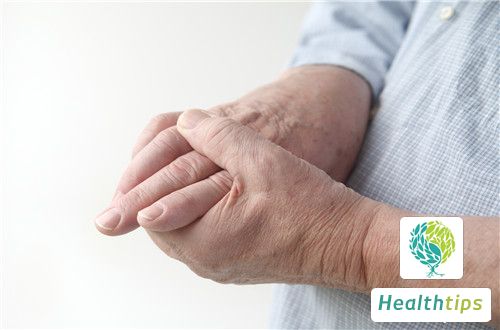What are the Biochemical Tests Included in a Medical Examination?
Physical examinations are very common in daily life, such as pre-employment physical examinations, physical examinations organized by work units, etc. Among physical examinations, biochemical items are relatively common, and their examination contents are also quite extensive. These include liver function tests, cardiopulmonary function tests, kidney function tests, as well as tests for chronic diseases such as diabetes. Let's take a look at what is included in the biochemical items of a physical examination.

1. Liver function tests: including total bilirubin (TBIL), total protein, albumin, globulin, and the ratio of albumin to globulin. These tests are mainly used to screen for intestinal diseases, hepatitis, liver cancer, and other diseases.
2. Kidney function tests: including creatinine (CR) and blood urea nitrogen (BUN). These tests are mainly used to screen for diseases such as uremia and renal failure.
3. Heart function tests: including creatine phosphokinase (CPK) and lactate dehydrogenase (LDH). These tests are used to screen for various diseases of the heart and myocardium.
4. Blood lipid tests: including triglycerides (TG), cholesterol, high-density lipoprotein cholesterol (HDL-C), and low-density lipoprotein cholesterol (LDL-C). These tests are mainly used to screen for diseases such as atherosclerosis.
5. Diabetes tests: including fasting blood sugar (ACSUGAR). This test is mainly used to screen for diseases such as diabetes and hypoglycemia.
6. Uric acid (URIC ACID) tests: mainly used to screen for diseases such as gout.
1. Lung cancer screening: including internal medicine, neuron-specific enolase (NSE), cytokeratin (Cyfra21-1), quantitative carcinoembryonic antigen (CEA), squamous cell carcinoma antigen (SCC), and chest radiography.
2. Nasopharyngeal cancer screening: including surgery for men/women, ear, nose, and throat examination, and EB virus anti-VCAIgA.
3. Elite health care: a preliminary screening health examination targeted at all individuals concerned about their health. The focus of the examination is on important organs such as the heart, lungs, liver, and gallbladder, as well as common tumor markers.



















